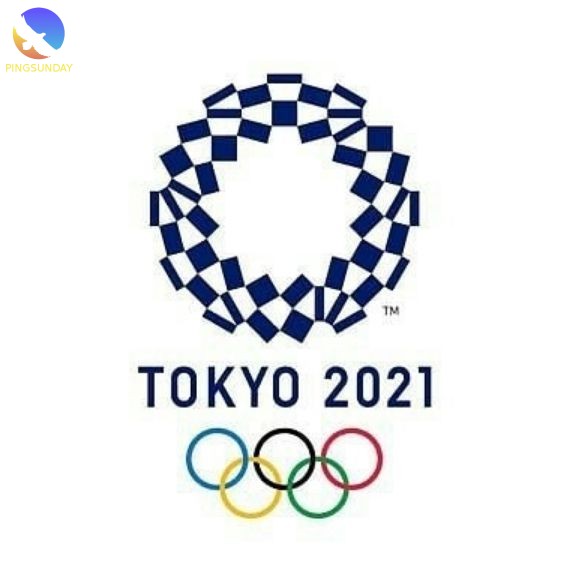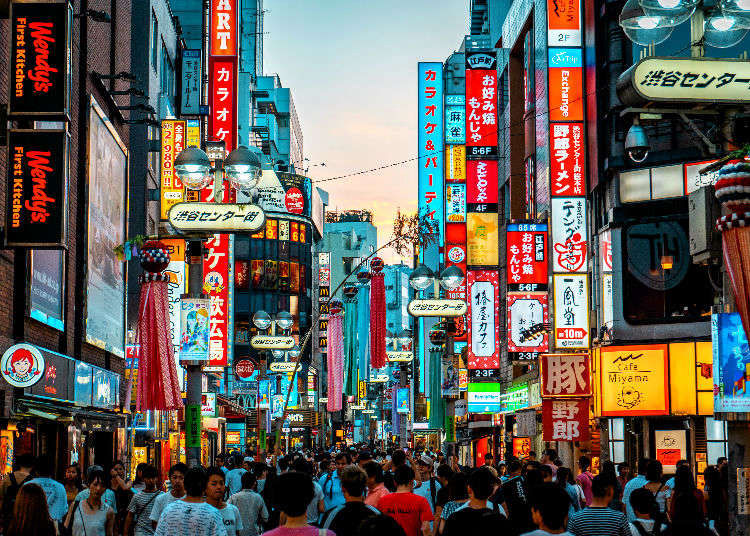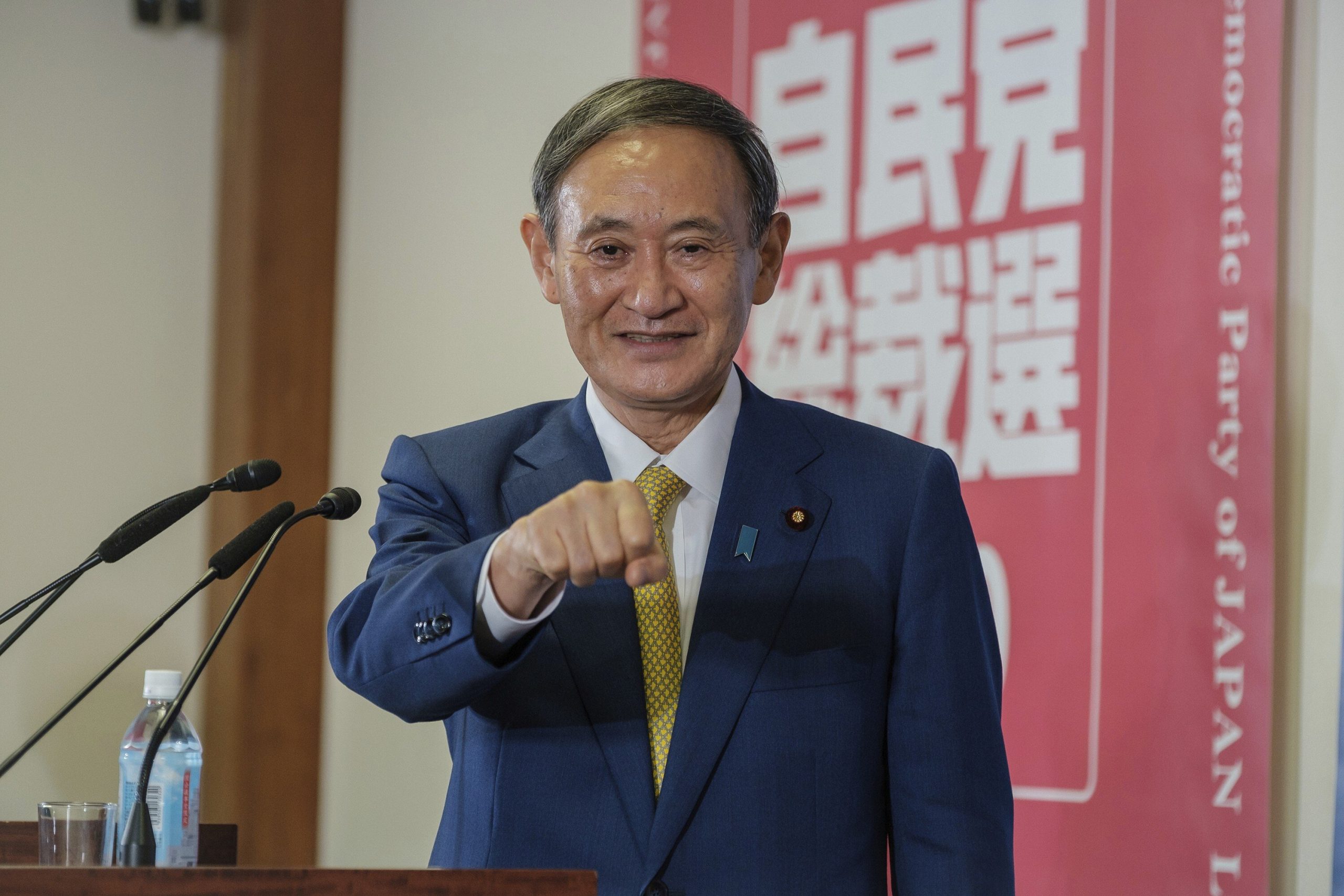On the 8th of July 2021, the Japanese government under Prime Minister Yoshihide Suga decided to impose a state of emergency in Tokyo, considering the recently increasing number of COVID-19 cases. This decision is speculated to have been taken in order to host the 2021 Olympic Games without causing a COVID crisis in Tokyo and its surrounding areas.
Tokyo, with over 37 million residents is the most populated city in the world, and as a result, a prime target for the SARS-CoV-2 virus to establish a new hotspot. The Suga Government’s decision places Tokyo with Okinawa in the list of Japanese prefectures that have had states of emergency declared in them.
Tokyo emerged from its last state of emergency just 3 weeks ago, on the 20th of June 2021, and the Suga Government’s decision marks the fourth time a state of emergency has been imposed on the Japanese capital since April of 2020. Prime Minister Suga, in a statement to Japanese Media, said, “The Government will make every effort to implement infection control methods and accelerate its vaccination campaign.”
In a state of emergency, all restaurants are directed to close by 8:00 pm, in addition to the sale of alcohol is prohibited entirely. Failure to comply with the restrictions can lead to a fine of 3,00,000 ¥ or ₹ 2,04,460.
Since the 21st of June 2021, Tokyo and its surrounding prefectures, Saitama, Chiba, Kanagawa and Osaka had their emergency restrictions relaxed, with restaurants and bars allowed to operate and serve alcohol up to 7:00 pm. These were referred to as ‘Quasi-Emergency Restrictions.” Out of the four aforementioned prefectures, only Tokyo will have its Emergency Restrictions reinstated, while the other four prefectures will have their ‘Quasi-Emergency Restrictions’ extended up to the 22nd of August.
This decision comes at a time where there have been widespread protests against the Suga Government’s decision to host the Olympics despite the COVID-19 pandemic. The Games are projected to start on the 23rd of July and go on until the 8th of August. The government has not yet decided whether or not to allow spectators into the Olympic Games venue, and if allowed, how many. This decision will be taken after a meeting with officials from the Tokyo Metropolitan Government, the Japanese Organising Committee and the International Olympic Committee.















